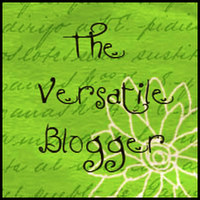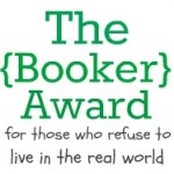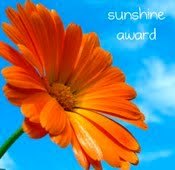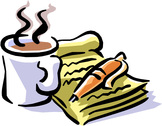
“… everything becomes agitated. Ideas quick-march into motion like battalions of a grand army to its legendary fighting ground, and the battle rages. Memories charge in, bright flags on high; the cavalry of metaphor deploys with a magnificent gallop, the artillery of logic rushes up with clattering wagons and cartridges; on imagination’s orders, sharpshooters sight and fire; forms and shapes and characters rear up; the paper is spread with ink – for the nightly labor begins and ends with torrents of this black water, as a battle opens and concludes with black powder.”

Other writers have been more succinct but no less eloquent. For example:
Coffee makes us severe, and grave, and philosophical. (Jonathan Swift)
I have measured out my life with coffee spoons. (T. S. Elliot)
The morning cup of coffee has an exhilaration about it which the cheering influence of the afternoon or evening cup of tea cannot be expected to reproduce. (Oliver Wendell Holmes Sr.)
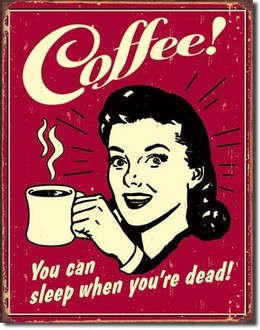
There are several active ingredients in coffee but the most widely recognized is caffeine, which now ranks as the most widely used psychoactive stimulant in the world. Caffeine has effects on brain chemistry. It promotes arousal, increases alertness, and decreases fatigue. This it does by indirectly activating pathways in the brain that release excitatory neurotransmitters like dopamine or glutamate and by potentiating the action of the hormone adrenalin (epinephrine). As a result of this caffeine has enhancing effects on perception, learning, and memory. So no wonder writers gravitate to coffee to enhance the realm of the mind and to keep them going into the late hours of the night. And, as if this were not enough, there are even some health benefits from drinking moderate amounts of coffee.
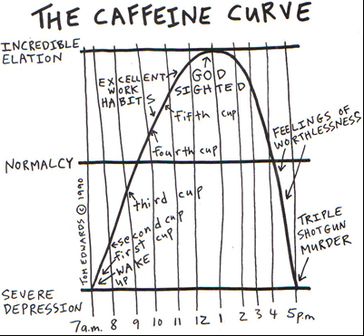
But there is a catch. Caffeine in large amounts can have detrimental effects on the very processes it stimulates at moderate amounts. Also the body adapts over time, and you may need to drink more and more to get the same buzz you used to get. On top of this, caffeine is addictive. Put the above together and you can see it is very easy for a coffee drinker to consume ever increasing amounts coffee. If you factor in that other items in our diets such as energy drinks, soft drinks, chocolate, etc. also have caffeine, you can easily see how a person can end up taking in large doses of the stuff
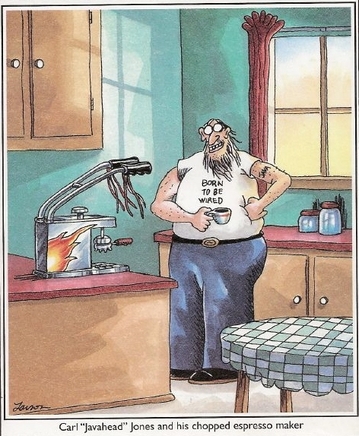
Some writers (like yours truly) have had the need to quit all caffeinated beverages, and it is hard. When you try to quit, the cravings to drink more set in, and even if you succeed in resisting them there can be withdrawal symptoms. Heavy coffee drinkers who try to quit the brew may experience headaches, anxiety, fatigue, irritability, and depression. This, of course, comes as no surprise. Caffeine and other chemicals in coffee are drugs. That is, when you take them they change the chemistry of your brain, which adapts to function with the high levels of these chemicals. If you then try to quit (i.e. cut the supply) the brain malfunctions leading to these symptoms, and it takes some time for it to adapt to working without them again.
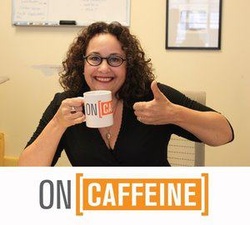
“Coffee is real good when you drink it. It gives you time to think. It's a lot more than just a drink; it's something happening. Not as in hip, but like an event, a place to be, but not like a location, but like somewhere within yourself. It gives you time, but not actual hours or minutes, but a chance to be, like be yourself, and have a second cup.”
But notice how the quote ends: “…and have a second cup.”
So what is your opinion about coffee? Does it help or hinder your writing? Do you feel it is hurting your health? Have you tried to quit? Please leave a comment and let us know of your experience.
***
If you like this blog you can have links to each week's posts delivered to your e-mail address. Please click here.
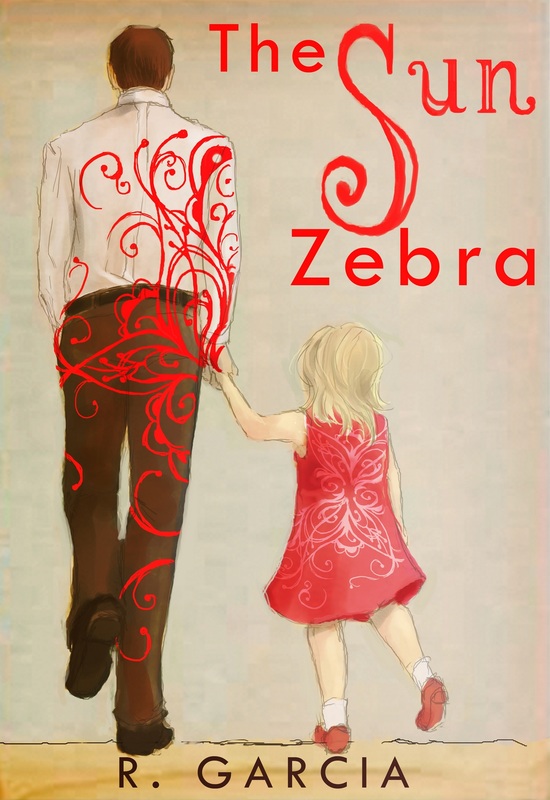

 RSS Feed
RSS Feed
